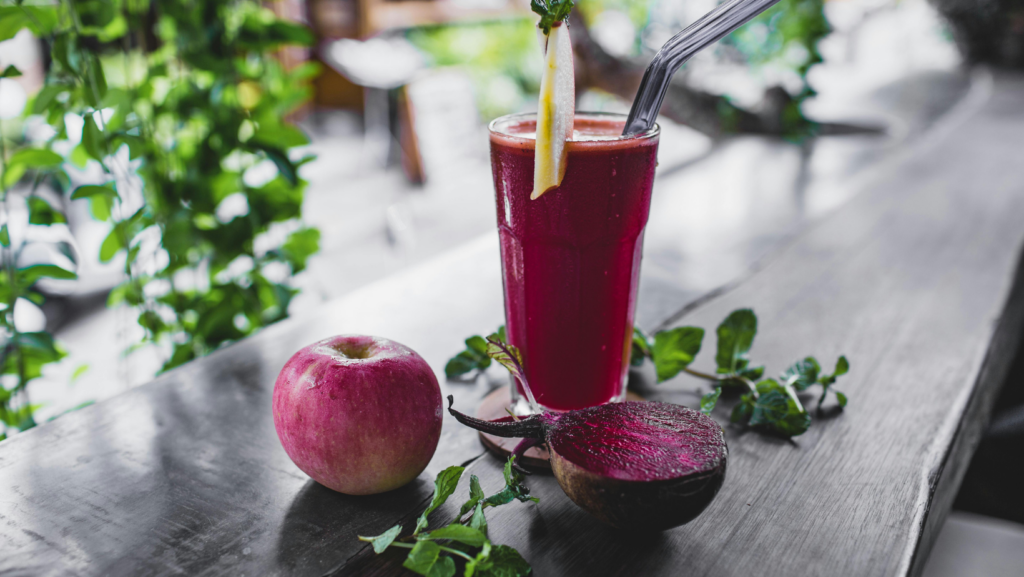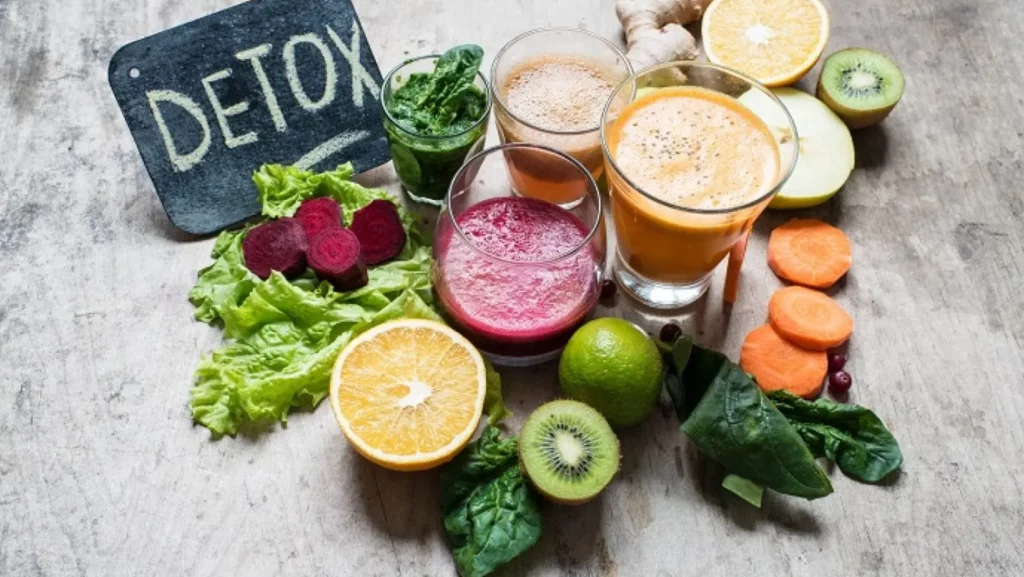The notion to eat clean and slim down usually reaches its peak around this time of year, whether to squeeze into a bedazzled dress or get a head start on a New Year’s resolution. Over the past few years, various detox recipes and cleanses have taken hold— whether it be the Hollywood-approved Master Cleanse diet, which is essentially a 10-day-long regimen in which one charges up on a mixture of water, lemon juice, cayenne pepper and maple syrup throughout the day, subsisting entirely on green juices, or just eating salads for a number of days.
Supporters of detox diets often say that they help with the immune system, energy levels and weight loss. Although buzzworthy cleanse recipes often catch fire, the real question still stands: do these methods actually work? But do we even need them in the first place?
What are Detox Diets?

The Harvard paper said weight lost from a detox diet is regained nearly as soon as the person starts eating solid foods again. Some nutritionists opine that a detox plan does not translate into a weight loss plan. These detox diets, such as fasting diets, juice or green juice diets, are unnecessary because our bodies eliminate and filter toxins through the liver, kidneys, lungs, skin, and digestive system.
Detoxes are mostly pseudo-medical constructs. And if a body is not naturally expelling waste or toxins, it likely needs medical care. Some health experts also opine that detoxing increases energy is debatable as these energy boosts come either from sugar withdrawal, temporary calorie restriction or is placebo. Detoxing is like a notion that helps burn fat/chip away at weight, is a myth, that only calorie deficit (eating less) can help you lose weight, not trashing your body of toxins.
Although detoxes may help with weight loss, they end up depriving the body and the gut of important nutrients. When the body is not getting enough nutrition, the gut microbiome suffers and there is an imbalance of gut bacteria occurs, which hurts metabolism, immunity and mood.”
Alternatives of Detox Diets
Health consultants recommend focusing on a wholesome, balanced diet and paying attention to hydration to boost the body’s natural detox processes. Even Intermittent fasting can aid metabolism and green juices are full of nutrients. Still, in drinking them, the body is often deprived of fiber and other key nutrients. People can also prefer to do regular physical exercises, sleep for 7 to 9 hours a day with great stress management, and anxiety and do some yoga as well to soothe your minds and body.
For a more organic approach to cleaning out the gut, forego the powders and capsules in favor of a diet rich in whole foods, antimicrobial spices and fermented foods such as yogurt, kefir, sauerkraut, and kimchi. Such foods help balance the gut microbiome and support detox pathways. Whereas traditional fad detoxes simply can’t provide the metabolic and energy benefits of probiotic foods, probiotic foods offer a clear detox that benefits metabolism, energy, and long-term health.







